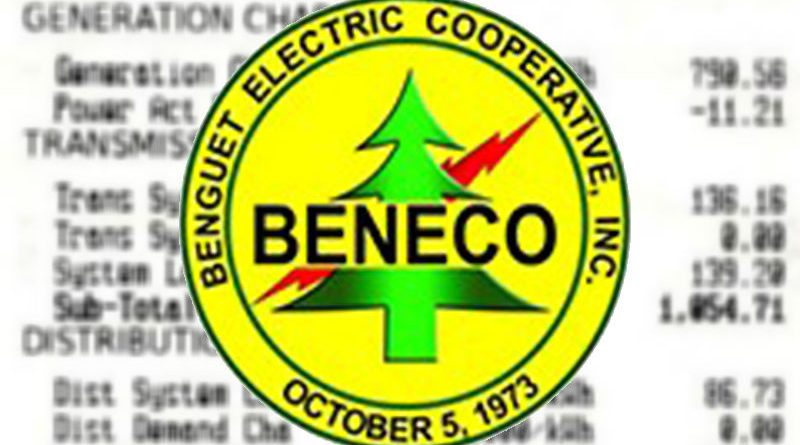Many sectors in Baguio City and the nearby town of La Trinidad have gotten acts together in order to implement numerous interventions geared towards revitalizing the Balili river, one of the major river systems that strands through both localities. For the long residents of both places, the stretch of the Balili river used to be a favorite swimming destination among other water-related activities. Various fishes thrived along the river system and its former clear waters served as an attraction for people to do their regular picnics and other activities within the area, For the present generations, it has been a dumping area of assorted waste and it has become heavily polluted and on the verge of being declared a dead river system.
Several foreign and locally funded studies were undertaken by a number of non-government groups and government agencies over the past decades to ascertain the state of the river system and what would be the most appropriate and practical interventions that could be put in place in order to revive the deteriorating river and help bring back its good status. Generally, one of the pinpointed reasons for the rapid deterioration of the state of the river was the unabated dumping of waste by people living in communities along the stretch of the river from Mines view, Baguio city up to some portions of Sablan town passing through the capital town of La Trinidad, Benguet. Worst, most of the thousands of legal and illegal structures which were built along the river system have made the river as their common septic tank thereby contributing to its rapid state of deterioration which might now be beyond the control of practical and simple interventions but could only be settle through scientific and complicated measures needing huge amounts of money just to enforce the same.
Previous and present local officials have made strong statements against those who continuously make the Balili river as their garbage disposal site but just alike any pronouncement of politicians, they seem to have fell on deaf ears of the people, thus, the urgent need for city and municipal officials to have the strong political will to start making drastic moves to spare the river from extinction irregardless of its political cost. In fairness to the current batch of political leaders, something is being done to what has been forgotten by their predecessors as one of the most important ways in helping preserve and protect one of the vital bodies of water in the locality.
We agree to the organization of the Balili River Revitalization and Re-development Task Force and its programs and projects that have been put in placed with the hope that much could be achieved even if it is already the season of too much politicking. However, let us allow non-politicians to manage the affairs of the task force in order to have a sustained workable and long-term plan on how to revive the river instead of relying on politicians who usually come and go. We do not have no objection to politicians leading the way but they should have the firm commitment to pursue the implementation of their previous statements in order to make the concerned people feel the initial effects of the damage they have inflicted on the river system.
The implementation of scientific and proven practical measures to help clean the river is also laudable but scientists must already start putting their own solutions in place. What we need now is a holistic approach and not just pure lip service. WE also support the efforts of the city government to plug the PBC pipes of residents that directly dispose of their solid and liquid wastes to the Balili river to teach people a hard and expensive lesson for contributing in the deterioration of the said body of water. Let us do such plan now before it will be again overtaken by supervening events beyond our control.
We call on people living along the river not to wait for such drastic actions but instead have the conscience to voluntarily remove their drainage connections in their river and look for available areas within their houses to build such facilities. Let us start the uphill climb to revitalize the river in our very own selves by observing the appropriate ways in disposing the generated household wastes.
Concerned city and municipal councils must already craft the appropriate ordinances in order to make irresponsible households pay for their stubbornness and not wait for concerned government agencies and the local governments to implement doable solutions to end the deterioration of the river system. Let us try to return the state of Balili river not to its original state but at least to a body of water where we could enjoy recreational activities like what the old folks had experienced in the past.
We challenge local leaders, representatives of various sectors, the religious groups and most especially the youth to walk the talk and value the need of the future generations to live in a less polluted environment so that they will be compelled to pass on the protection of the environment to the upcoming generations. Let us start now before we loose everything we have in our midst and keep the future generations guessing.














